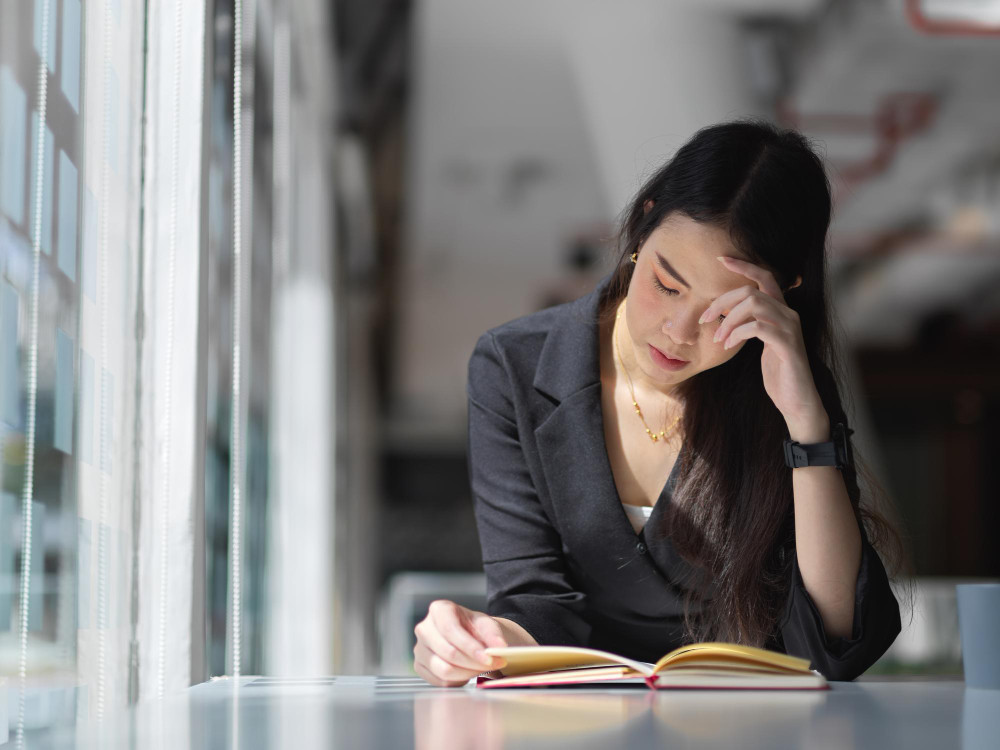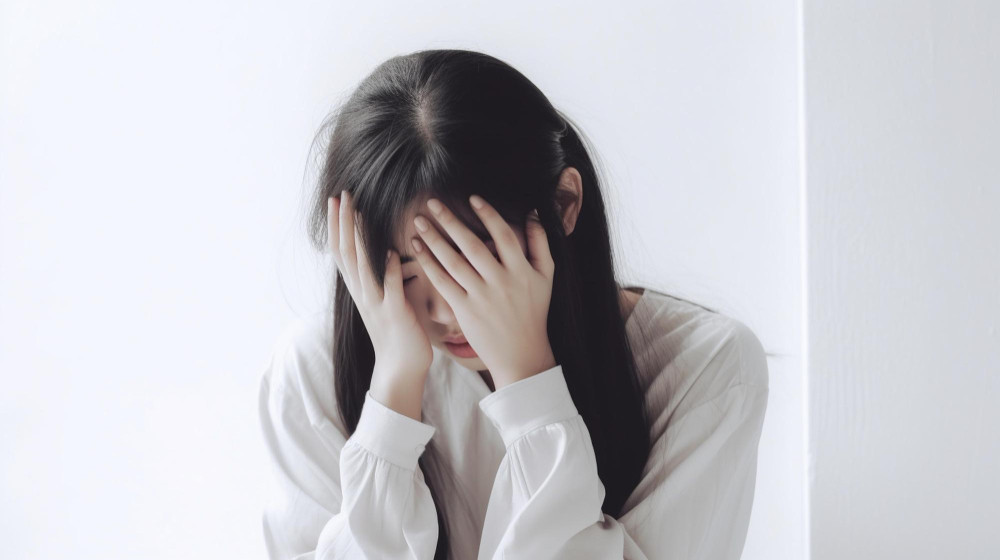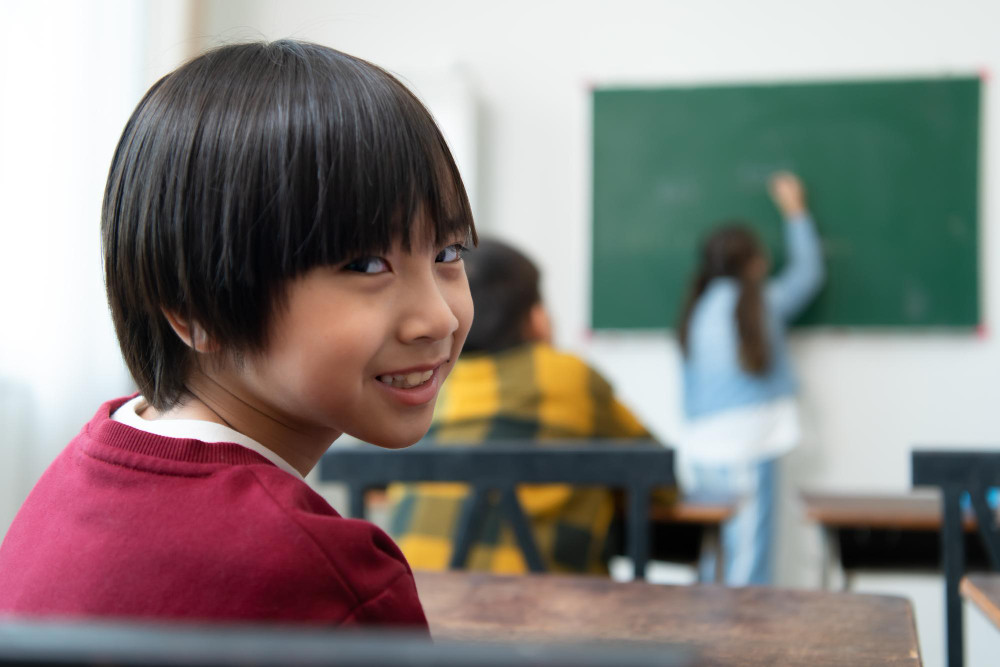Teacher Suicides Highlight Growing Crisis in South Korea’s Education System

©️ thanyakij-12 / Freepik
South Korea, often lauded for its high-performing education system, is now facing a disturbing trend: an increasing number of teacher suicides.
The recent suicide of a primary school teacher has cast a spotlight on the intense pressures and challenges educators face. It has raised urgent questions about the sustainability and health of the country’s educational practices.
Teacher Suicides in South Korea
The Tragic Case of Teacher L.
Last summer CNN reported that a 24-year-old teacher L. took her own life in a supply closet at Seoi Primary School in Seoul.
Fresh out of university, L. was subjected to relentless harassment from parents. They accused her of neglecting or emotionally abusing their children. Her diary entries revealed the immense stress she was under: “My chest feels so tight. I can’t breathe anymore.”
L.’s death was not an isolated incident. Over the past five years, more than 100 teachers in South Korea have committed suicide, according to the Ministry of Education. This alarming trend has sparked mass protests, with teachers demanding reforms and better protections.

Potential Factors for Teacher Suicides in South Korea
The recent suicides among South Korean teachers have raised urgent questions about the underlying causes of this tragic phenomenon.
The following factors contribute to this alarming trend:
1. Teacher Harassment
Kim Su Jin, a fifth-grade teacher in Incheon, faced panic attacks after being reported for child abuse when she intervened to stop a student from throwing chicken bones in the cafeteria. Despite being exonerated, the trauma of police investigations and parental harassment left her mentally scarred. Another teacher, Kang Seok Jo, documented threats and physical assaults from students, highlighting the drastic shift in classroom power dynamics.
2. Mental Health Crisis Among South Korean Teachers
A survey by the teachers’ union revealed that one in three teachers suffers from depression. This rate is considered three times higher than the general population.
Teachers like Kim Su Jin, who faced police questioning and months of investigations after disciplining a student, continue to experience panic attacks. She requires psychological treatment despite being cleared of the accusations. The constant threat of legal action under the 2014 Child Protection Act has left many educators feeling vulnerable and unsupported.
3. The Impact of the Child Protection Act
The 2014 Child Protection Act, designed to safeguard children from abuse, has inadvertently empowered parents to file complaints against teachers for minor disciplinary actions. This has led to a surge in complaints, from 15,000 in 2014 to over 45,000 in 2021. Many teachers now fear legal repercussions for disciplining students, leading to a decline in classroom order and authority.

4. Cultural Shifts and Parental Pressure
South Korea’s traditional respect for teachers, rooted in Confucian values, has eroded. The societal pressure for academic success has intensified, with parents investing heavily in private tutoring to ensure their children excel. This has created a hyper-competitive environment, further straining teacher-student relationships and leading to aggressive parental involvement.
Calls for Reform
Educational experts and parents’ associations are calling for a paradigm shift. Lee Yoon Kyoung, president of the Cham Parents’ Association, argues for reducing the emphasis on academic performance. He also thinks that they should be starting to recognize the value of non-university pathways.
However, systemic change remains challenging in a society where education is closely tied to social status and economic success.
Government Response and Future Outlook
In response to the protests and suicides, the South Korean government has implemented measures such as requiring parental appointments with teachers to be scheduled via an app. They also proposed delaying the suspension of accused teachers until after investigations.
However, many educators believe these steps are insufficient. The push for a fundamental revision of the Child Protection Act continues, with teachers like Kim Su Jin advocating for changes that would allow them to return to the profession they love.

The crisis in South Korea’s education system highlights the need for a balanced approach that protects both students and teachers. As the nation grapples with these challenges, the government and the general public must hear and address the voices of educators. This would help create a sustainable and supportive environment for learning and teaching.
Teachers all around the world seem to have too much on their shoulders. Do you think that parents may be crossing a line? Do you think that students need to be more disciplined? Tell us in the comments.
You may also like: This Korean True Crime Fan Killed Someone Out of Curiosity


